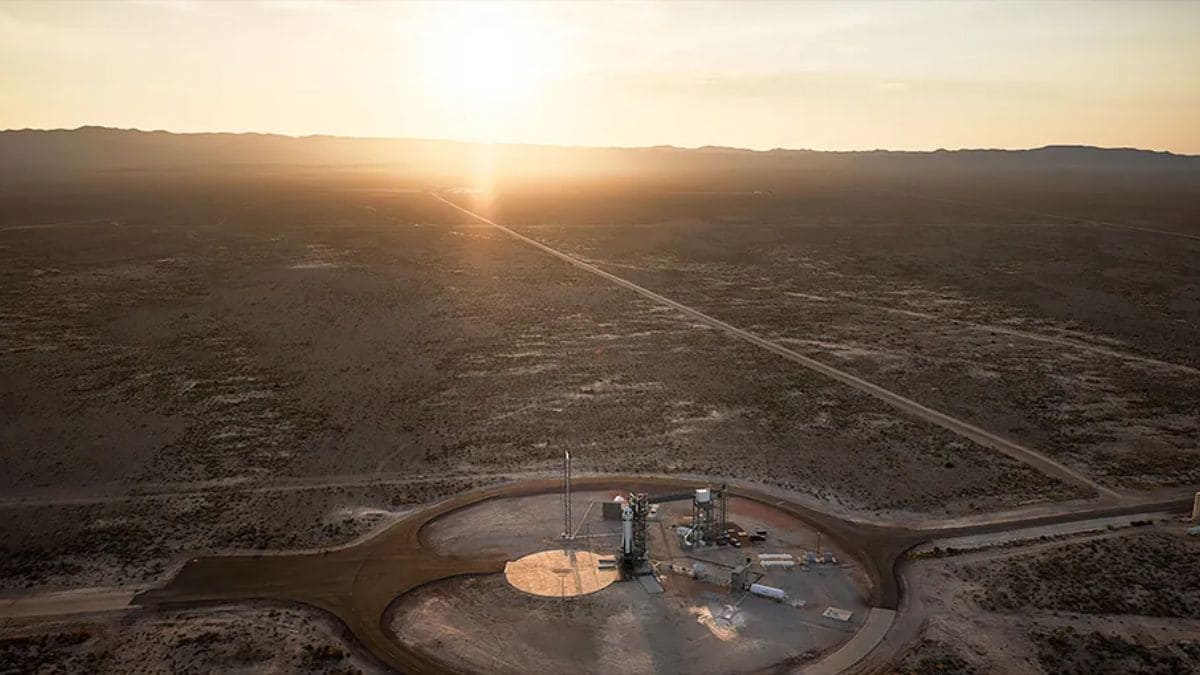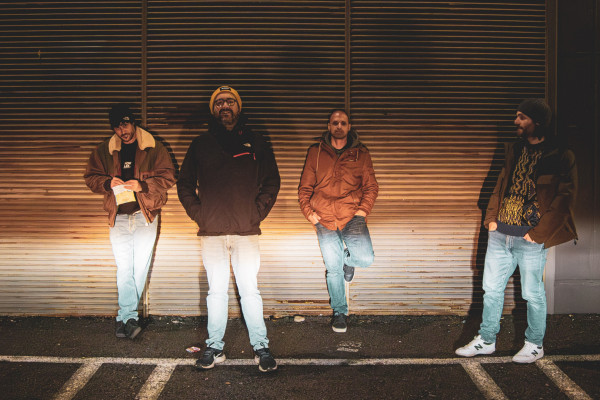The Growing Belief in 'Love at First Sight' - The Atlantic
The idea seems so old-fashioned, so sentimental: that you could fall for someone “at first sight,” deeply and instantly. It’s straight out of the classic romance dramas—Jack’s gaze freezing when he sees Rose on the Titanic’s deck; The Notebook’s Noah lighting up and asking, “Who’s this girl?” when he spies Allie across the amusement park. As a general rule, the stuff of popular love stories is not the stuff of real life. We know this, right?
Not right, I guess. This year’s “Singles in America” survey—conducted annually by the dating company Match and the Kinsey Institute, and released today—found something surprising: Of the roughly 5,000 single American adults polled, 60 percent said they believe in love at first sight, a nearly 30 percent increase from 2014. Almost half of the respondents (people ages 18 to 98, from all over the country) said they’d experienced the phenomenon themselves. I didn’t expect this, not only because the validity of the concept has been questioned for years, but also because it’s such a dreamily romantic notion—a hopeful one, really. And these days, the common narrative about dating (and what I’ve found, to some degree, in my own reporting) is that many people are burned out, tired of the apps, and generally feeling pessimistic. This spike in belief even startled some of the researchers: Amanda Gesselman, a Kinsey Institute psychologist, told me that the results “sort of blew me away.”
Read: The people who quit dating
But once Gesselman stepped back and thought about the finding, she said, it made some sense to her. In 2014, dating apps were relatively new. Couples tended to meet through friends or family; people would get to know each other for a while before pairing off. In more recent years, Gesselman has consistently found that swipe-based dating apps are the main way that partners meet—across age, gender, race, income, and geographic region. That style of dating has people in the habit of making quick calls, judging whether they have chemistry with a stranger after just one date. Paul Eastwick, a UC Davis psychologist who studies romantic attraction and wasn’t involved with the survey, told me the same thing: “Online dating has a lot of ‘We met—no. We met—no. We met—no. We met—no. We met—oh, that was a good one!’”
In other words, the slow burn has become less common. Instead, two other experiences may have become more common: the plainly bad first date, where a lack of connection is immediately apparent; and the kind of date about which a person might one day say: “We knew right away.”
Whether that latter scenario is truly love at first sight depends on what you mean by love—and, okay, also what you mean by sight. Eastwick has found that some people do feel strongly about a romantic prospect from the get-go: if not at first glance, then straight from the point of a first conversation. And when things click, he said, those feelings can run deeper than physical attraction. (If love at first sight was just thinking someone was hot, I’d experience it every day walking down the streets of New York City.) In a 2018 study of undergraduate students, Eastwick asked participants to reflect on their past relationships and describe how they’d felt at different points over the course of their time with their former partners. About a fifth of people said they’d been smitten upon meeting; they’d felt an instant bond, found some niche shared interest, couldn’t stop talking. To be fair, that’s the same portion of people who felt “when I first met this person, I thought they were trash”—Eastwick’s words, not mine! Nonetheless, he concluded that something like love at first sight, though not the norm, “is real. It happens.”
Of course, these were prior relationships; evidently, falling in love quickly doesn’t mean that a relationship is going to last. What psychologists refer to as “passionate love”—the buzzy, dizzying rush of early infatuation; the feeling of craving, even addiction—is neurologically distinct from “compassionate love,” which tends to set in after a year or two and doesn’t involve the same elevated cortisol and serotonin levels. And besides, maybe the participants who reported experiencing love at first sight were simply projecting that narrative retroactively. Capturing people’s feelings in real time, as they first get together, is difficult, Eastwick said. He has tried asking participants in other studies to tell him as soon as they’ve met someone promising—and they have. But, he said, “what you mostly get is: ‘I’m really excited about this person!’ And then when you check in a week later, they’re like, ‘Who now?’”
Right around this point in our interview, the “Singles in America” finding started to sound a little concerning to me; love at first sight, however possible, didn’t seem like something to bank on. I imagined a nation full of people going on first date after first date: thirsty people crawling on their hands and knees, longing for a feeling that only a fifth of Eastwick’s participants experienced and that hadn’t even kept them together. A world with this many first dates is not a world I want to live in. “I’m screaming into the void, being like, ‘Hey, everybody, there was a way we used to date,’” Eastwick told me. “‘You just kind of hung out with people and saw what happened.’” Relative to our era of snap judgments, he said, the old way of dating was “democratizing.”
Read: No, you shouldn’t ‘date ’em ’til you hate ’em’
But Gesselman remains optimistic. Online dating may have primed people to expect too much too soon, but at least it hasn’t destroyed their romantic idealism. Ten trillion swipes later—I’m guesstimating—the “Singles in America” participants haven’t given up. “The overwhelming majority of singles in our survey reported that they believe that love can last forever,” Gesselman told me. “They believe there’s someone out there for them.”
Those ideas fit under an umbrella that psychologists call “destiny beliefs,” a faith in predetermined bonds (as opposed to “growth beliefs,” or the idea that a relationship requires maintenance and labor). Gesselman knows that such mystical thinking might set up unrealistic expectations. She also suspects that it can motivate people to commit to a relationship. Eastwick found that the participants who reported feeling the most romantic interest at the very start of a relationship also described feeling romantic interest for the longest amount of time. They were also less likely to have initiated the breakup. If you believe you’ve found your soulmate, after all, you might try especially hard to make it work.
Love at first sight may be a high bar to clear. And holding such an ambitious standard could mean staying single for longer, or forever. But maybe fewer people these days are worried about that. Maybe they have full lives and want a relationship only if it’s extraordinary. Partnership used to be a stricter societal norm than it is today; different possibilities for how to live a “good life” are, little by little, opening up. Today’s singles may know that love at first sight isn’t all that likely. Perhaps more of them have the luxury of holding out for it anyway.











